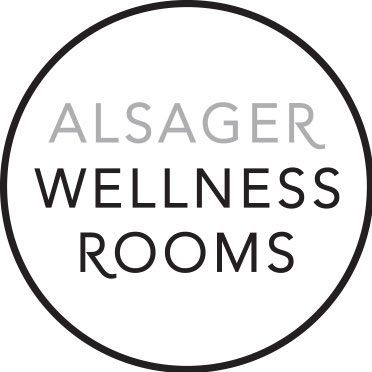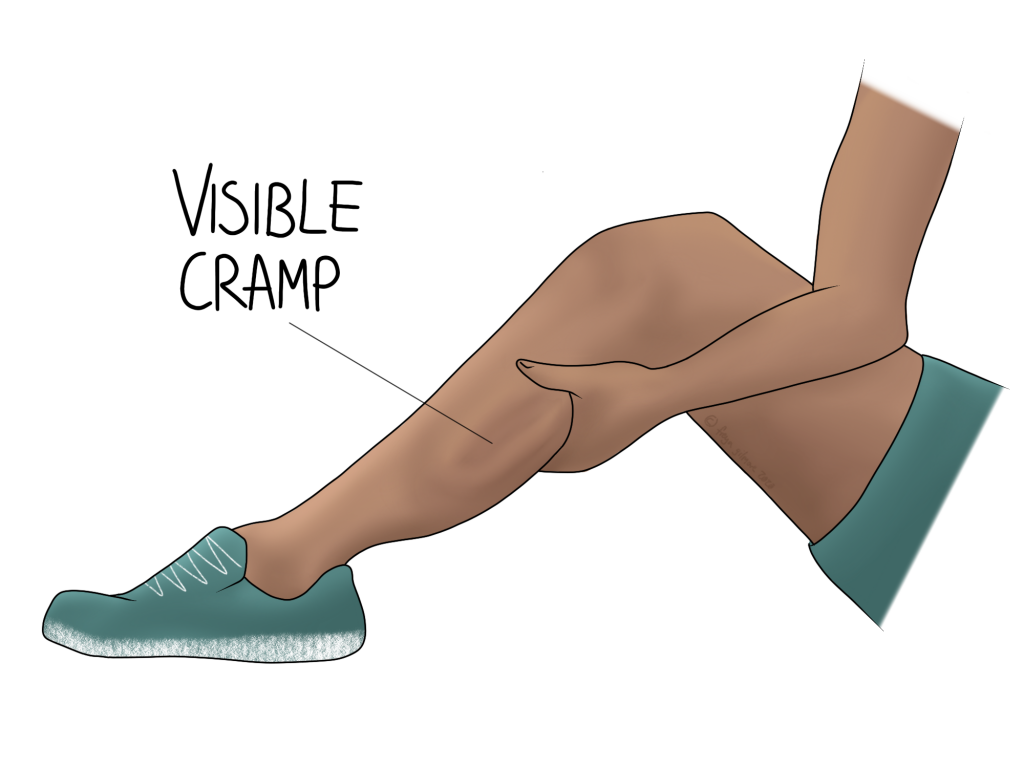Cramps and muscle spasms are common annoyances, but for some people they are frequent or persistent, and require a bit of help to manage them.

What is a Cramp?
Muscle cramps are an involuntary contraction of part, or all of a muscle. Sometimes multiple muscles within a group are affected. From the outside, a cramp feels like a muscle knot. Cramps can last for a few minutes in some cases, but for most people they only last a few seconds and don’t recur very frequently.
Unfortunately, there is still a lot we don’t know about the root causes of cramps. Research in the area is limited, although some old theories have been disregarded recently.
Who is Most Affected by Cramps?
Some conditions appear to predispose a person to cramping:
- COPD
- people on dialysis for late stage kidney disease
- ALS
- diabetes
- fibromyalgia
In some cases the cramping is related more to the medication prescribed than the conditions themselves- your doctor may be able to offer you an alternative.
Athletes
Despite popular belief, dehydration or electrolyte imbalance are not closely linked to cramps among athletes. Research suggests that cramps among athletes may be down to fatigue of the nerves, leading to misfiring and involuntary spasm. It also suggests that stretching before exercise does not reduce the likelihood of exercise-related cramping.
Pregnancy
Leg cramps, especially at night, are common among pregnant women. Incidence is highest in the third trimester, but seems unrelated to adverse outcomes for the baby.
Theories for leg cramps in pregnancy are wide reaching:
- physiological changes
- mechanical: as the centre of gravity moves forwards, the calf and other muscles have to work harder
- hormonal: hormones responsible for water retention
Managing Cramps
Your osteopath may be able to help, depending on your case.
Position may play a role in your cramps, especially if they happen overnight. Changing your sleeping position can be difficult, but we can advise you on alternatives and see if it helps. People often ask what the best sleeping position is- ideally you want to be supported by your pillows to keep your neck neutral and your whole body relatively symmetrical. The best position for you will depend on any other aches and pains you might have, so mention it at your appointment for more personalised advice.
If your cramps are related to mechanical changes in pregnancy, we can help your body to cope better with the new demands placed upon it. The calf muscles may be overworked by the effort of keeping you upright as the bump grows bigger and pulls you forwards. A combination of treatment to relax the calf along with exercises to strengthen it might help with your cramps.
We can also give advice for general stretching, which may be particularly useful during an episode of cramp. You may find that massage helps to keep the muscles relaxed generally, and you might be able to continue the massage as an exercise at home.
Contact us on 077 7593 1609 to make an appointment in Alsager


